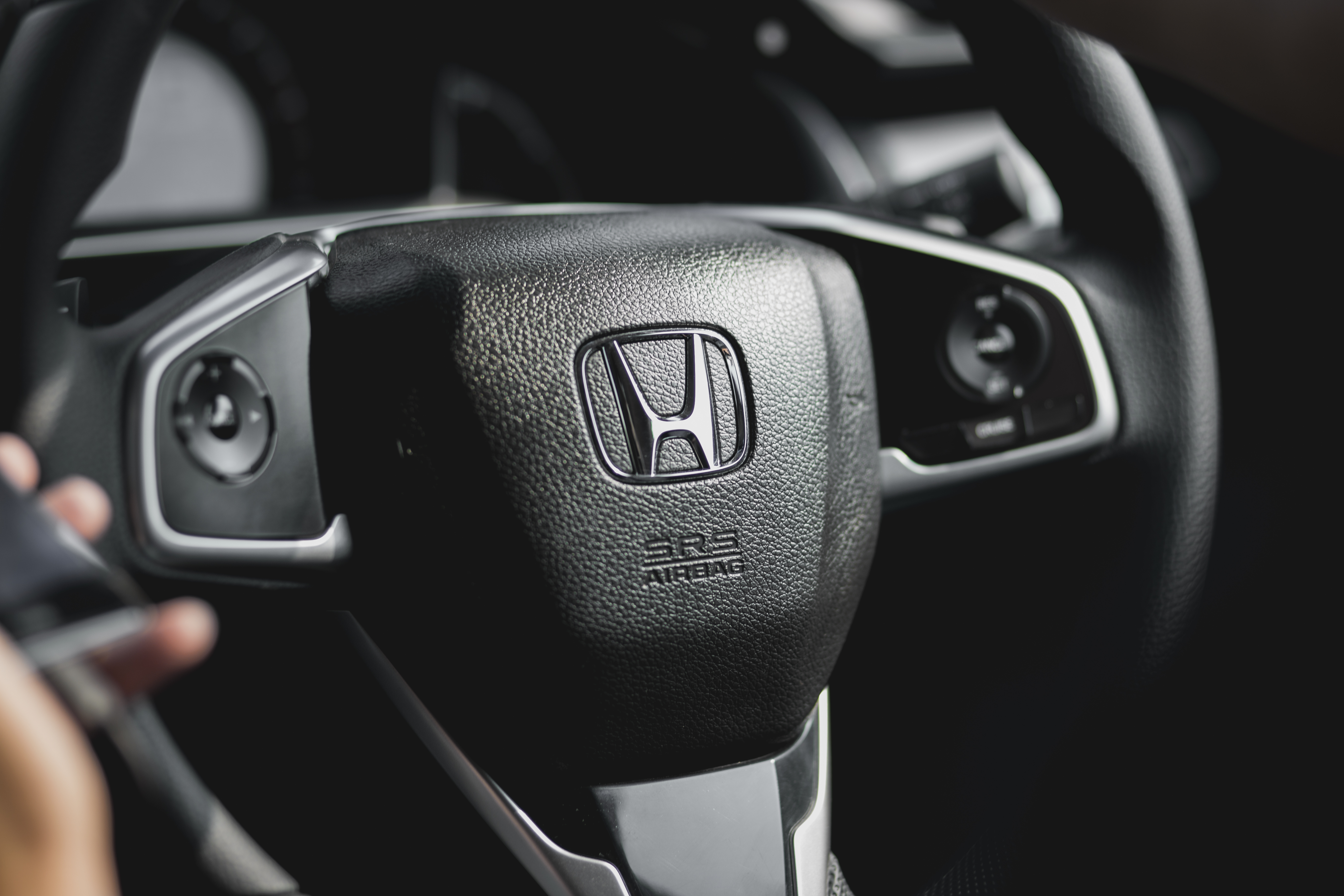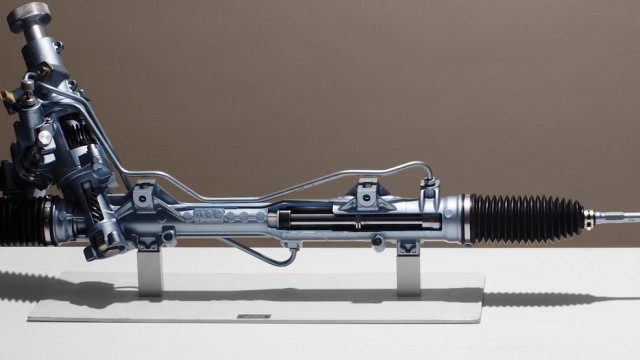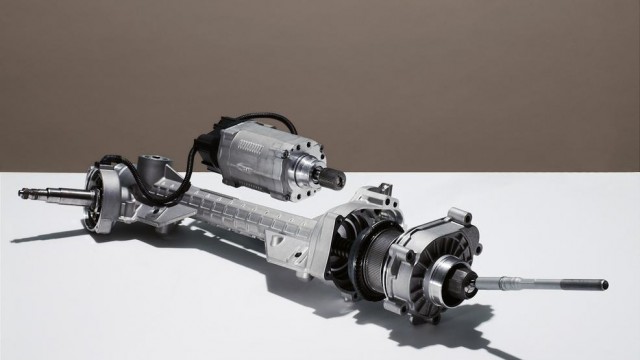Electronic and Hydraulic Power Steering Explained
The quest to make cars more comfortable, safer, and efficient is duly met by continuously changing advanced technology. Each year, car manufacturers come up with new and advanced features. EPS (Electronic Power Steering) is one of the advanced features that is replacing conventional hydraulic steering in new cars. Let’s try to understand the difference between Hydraulic and Electric Steering.
Hydraulic Power Steering
Hydraulic Steering Wheel, once very popular, is getting replaced by Electronic Steering Wheel in modern cars.
Hydraulic Steering Wheel has a hydraulic piston connected to the steering gear, and steering gear’s internal cavity is divided into two chambers. When turning the steering wheel, steering assistance is produced by applying pressurized fluid to one side of the hydraulic piston and letting fluid return from another side to a reservoir. A pump, attached to the engine, maintains hydraulic fluid pressure.
Electronic Power Steering
Electronic Power Steering doesn’t have any hydraulic piston or pump. Instead, there is an electric motor and torque sensor directly attached to the steering gear. When turning the steering wheel, the attached steering sensor detects the rate of the rotation and position of the steering wheel. The gathered information along with input given by torque sensor is sent to the power steering control module. The control module takes action on the fed information and orders the motor to rotate.
Electronic Power Steering vs. Hydraulic Power Steering
Both Hydraulic Power Steering and Electric Power Steering have advantages and disadvantages. HPS is more complicated than EPS, but it has a longer life as compared to EPS. A drawback of HPS (Hydraulic Power Steering) is that the pump responsible for maintaining hydraulic fluid pressure always keep using power even when the steering wheel isn’t touched. EPS only use power when the driver turns the steering. Electric Power Steering give a better response at different speeds as compared to Hydraulic Power Steering.
Hydraulic Power Steering requires more maintenance as compared to Electronic Power Steering. The fluids in HPS need to be changed at certain intervals, which isn’t the case with EPS. EPS increases the fuel mileage by about ½ KM/L. HPS system is heavier as compared to EPS.
The answer to the question “Which System Handles Better?” is quite debatable. Different people have different opinions but one thing is for sure that mega car manufacturers, even in Pakistan have already replaced HPS with EPS.




Electric power steering, not electronic power steering. Even the very first word of the title is wrong.
I remember the CR-V launch article written by Fazal Wahab used the proper terminology. Why can’t other writers also write properly?
HPS has a longer life compared to EPS? How is it even possible?
I’ve seen ‘electronic power steering’ used at many renowned forums. I think Electric power steering and electronic power steering are substitutes and the author has used both terms in this article.
So if some members of “renowned” forums are making a mistake, fully entitles others to make the same mistake?
As a first reference, always check Wikipedia. Also check car manufacturers websites. Nowhere will you find it being called electronic, except the places where people are looking for fancy schmancy terms, you know electric sounds so ancient and electronic sounds so cool.
EPS is Electric Power Steering. Period!